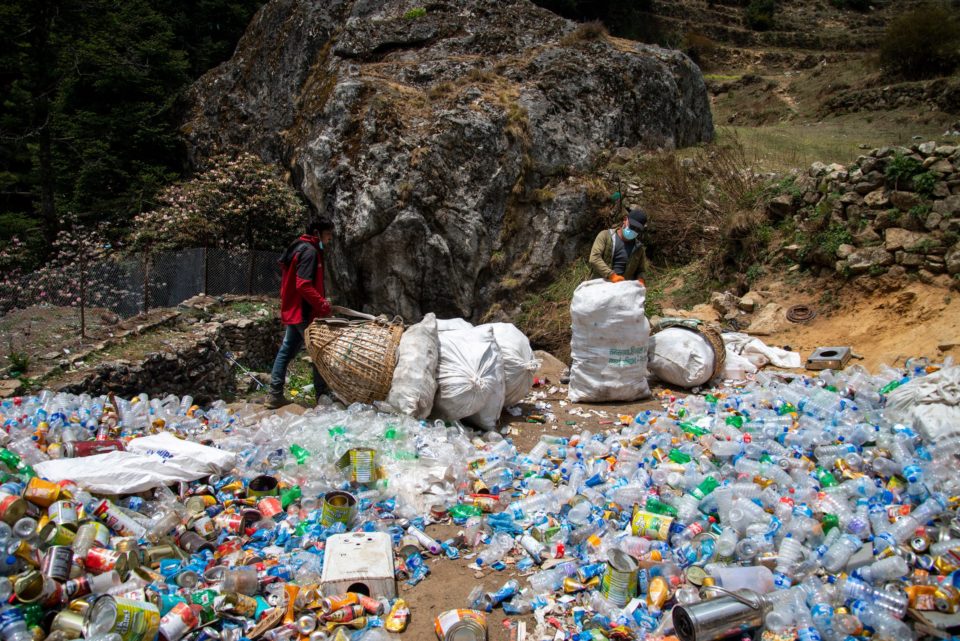4. Biodegradable Plastics and Sustainable Materials
One of the most significant challenges of waste management is the widespread use of plastic, which takes hundreds of years to decompose and poses a severe threat to wildlife and ecosystems. However, there is growing interest in biodegradable plastics and other sustainable materials that can replace traditional plastics.
Advertisement
Bioplastics, made from renewable resources such as corn starch, sugarcane, and algae, break down more easily than conventional plastic and have a much lower environmental impact. These materials can be used to create everything from packaging to clothing and even medical supplies.
In addition to bioplastics, sustainable alternatives to traditional materials are being developed for use in construction, food packaging, and consumer products. For example, mushroom-based packaging is being used as an eco-friendly alternative to Styrofoam, and seaweed-based packaging is being explored as a sustainable option for food containers.
5. Food Waste Solutions: From Scraps to Sustenance
Food waste is another critical issue in the waste management sector, with nearly one-third of all food produced globally going to waste. Creative approaches to food waste management are helping to address this issue by finding innovative ways to reduce waste and repurpose food scraps.
-
Food banks and community fridges are helping to distribute surplus food to those in need, reducing food waste and combating hunger.
-
Composting food scraps to create nutrient-rich soil that can be used in agriculture or gardening.
-
Upcycling food scraps into new products such as smoothies, sauces, and snacks. Companies are turning discarded fruits, vegetables, and grains into healthy, nutritious products that would otherwise go to waste.
These initiatives not only help to reduce the environmental impact of food waste but also support food security and reduce the strain on landfill systems.
Conclusion: The Future of Waste Management
The shift from viewing waste as a problem to seeing it as a resource is a crucial step toward a more sustainable and circular economy. Creative approaches to waste management, such as upcycling, waste-to-energy systems, zero-waste initiatives, and biodegradable materials, are transforming the way we think about trash. Rather than simply discarding materials, we are learning to repurpose, recycle, and reuse them, turning what was once considered waste into valuable resources.
As technology continues to evolve and more people adopt sustainable practices, the potential for turning trash into treasure will only increase. By reimagining waste as a resource, we can reduce environmental impacts, create new economic opportunities, and build a more sustainable future for generations to come.
